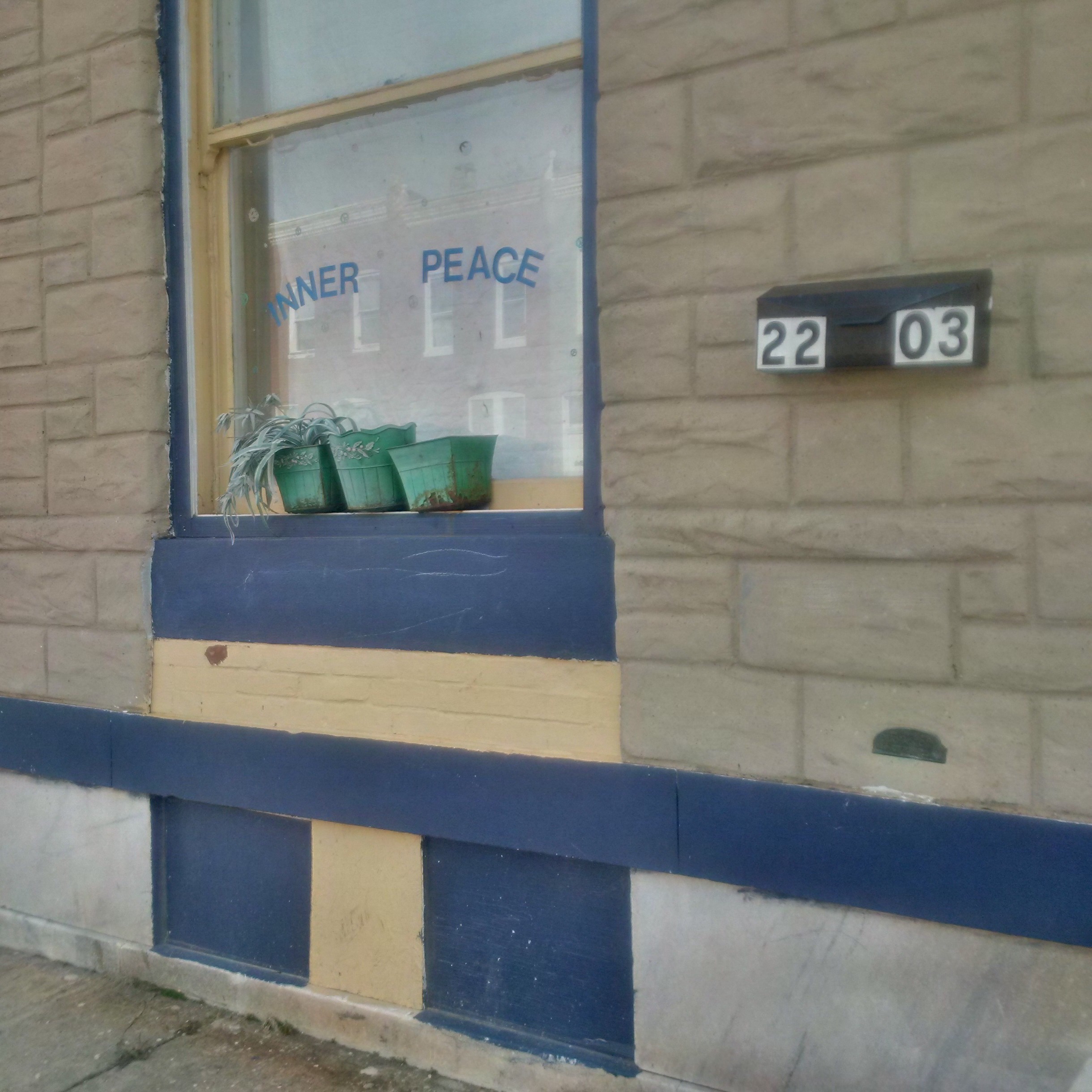While Dr. Mindy Fullilove is well known for her role in research on urban redevelopment and serial forced displacement and its public health impact, not many know of her role in the world of architecture. Recently I had the pleasure of speaking to Dr. Fullilove about her honorary membership award from the American Institute of Architecture (AIA). The question of “what does a social psychiatrist have to do with architecture” was on my mind at the award ceremony at the 2016 AIA convention in Philadelphia.
Mindy Fullilove: I was elected to AIA as a public director because of my research/publications and interest in public health and equity and society. After 3 years on the board I was nominated to be an honarary AIA. My role has been to ask architects to use their skills to bring equity into society.
Marisela B Gomez: Why are architects important for equitable and sustainable development?
MF: They are important because inequity has been designed into cities due to segregation and redlining. So everything is involved, infrastructure, landscape, land use …all involved in how people are knit together. Architects have skills in analyzing systems, thinking through how to solve spatial problems, are profoundly committed to ecology.
MBG: Why is ecology important for changing inequity?
MF: With inequity it’s impossible to create sustainability which is urgent. Inequity has organized the social landscape, implicates everything, all the systems. If we don’t understand how the ecosystems work, we make plans that undermine the functioning of the whole system.
MBG: Share with me how Redlining and segregation affected how people interacted with their environment, with the places they lived. And the role of architects in this
MF: Redlining is a policy instituted by the US government in the 1930s. It used race, racial exclusion clauses, and income to stratify neighborhoods then suggested that banks invest in the “best” places, and avoid the “worst” places. People acted in the same ways, and with the same assumptions about good and bad. This has meant that our environment has developed unevenly – some places have had the money and the “good” reputation to prosper, while others have suffered from lack of investment and the imposition of a “bad” reputation. We can walk around any American city and see this pattern. Architects have “participated” by not fighting this system and the inequity it creates. Civil rights leader Whitney Young told the AIA that they were “irrelevant” – and that remains all too true today.
MBG: As you move around the country talking about your books “Root Shock” and “Urban Alchemy” are you seeing any changes in the understanding and practice of ecology and development? If so can you share an example?
MF: My books challenge the ideas that places are interchangeable and disposable. The biggest impact this had had is to make people look at what they have and try to make it better. One of the people I interviewed for my book Root Shock is writing a forward for the second edition. He said that naming what had happened to him helped him to move forward emotionally and helped the neighborhood of the Hill District to fight to stay.
MBG: I noticed how many white people and men are present in this award ceremony. Besides you, there were two other persons who appeared to be black recipients, amongst the more than 40-individual and 25-firm. In my opinion part of changing the ecology of development toward sustainability will require including the people who bring a different experience-racially, class, etc- into the process. In your opinion is this important?

Black Award recipients at the AIA 2016 Conference.(Left to right): Steven Lewis, http://www.aia.org/practicing/awards/2016/whitney-young/r-steven-lewis/, Dr. Mindy Fullilove,http://www.aia.org/practicing/awards/2016/honorary-membership/m-fullilove/, Denise Everson, http://www.aia.org/practicing/awards/2016/associates/everson/
MF: It’s very important to have many voices at the table. We each have a piece of the puzzle, so we can only solve it if we put our pieces together.
MBG: We just had the first verdict against one of the 6 police officers indicted in the death of Freddie Grey. He was found not guilty of all charges. Could you talk about how laws and policies enacted differently for white and black/brown communities is a legacy/outcome of inequitable community/neighborhood development?
MF: Inequity has been created and intensified by laws and policies, like segregation, redlining, urban renewal, planned shrinkage, deindustrialization, mass incarceration, and gentrification. Each of these policies has disrupted the political capital of minority and poor communities, making it harder for people to fight for equity. Inequity feeds inequity. What is essential for all people to understand is that inequity is a threat to health and to democracy. We are all implicated in the oppression of some.
